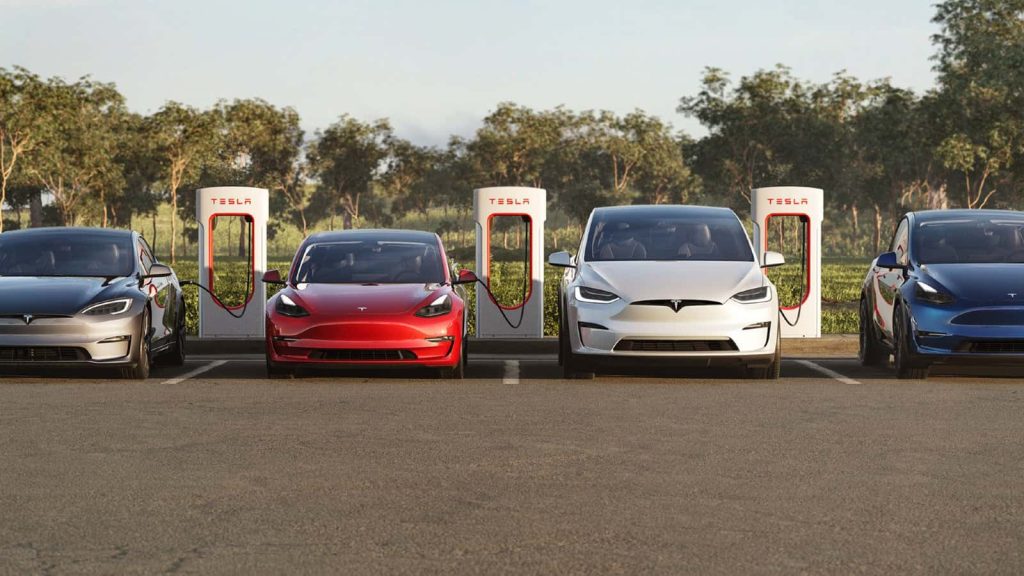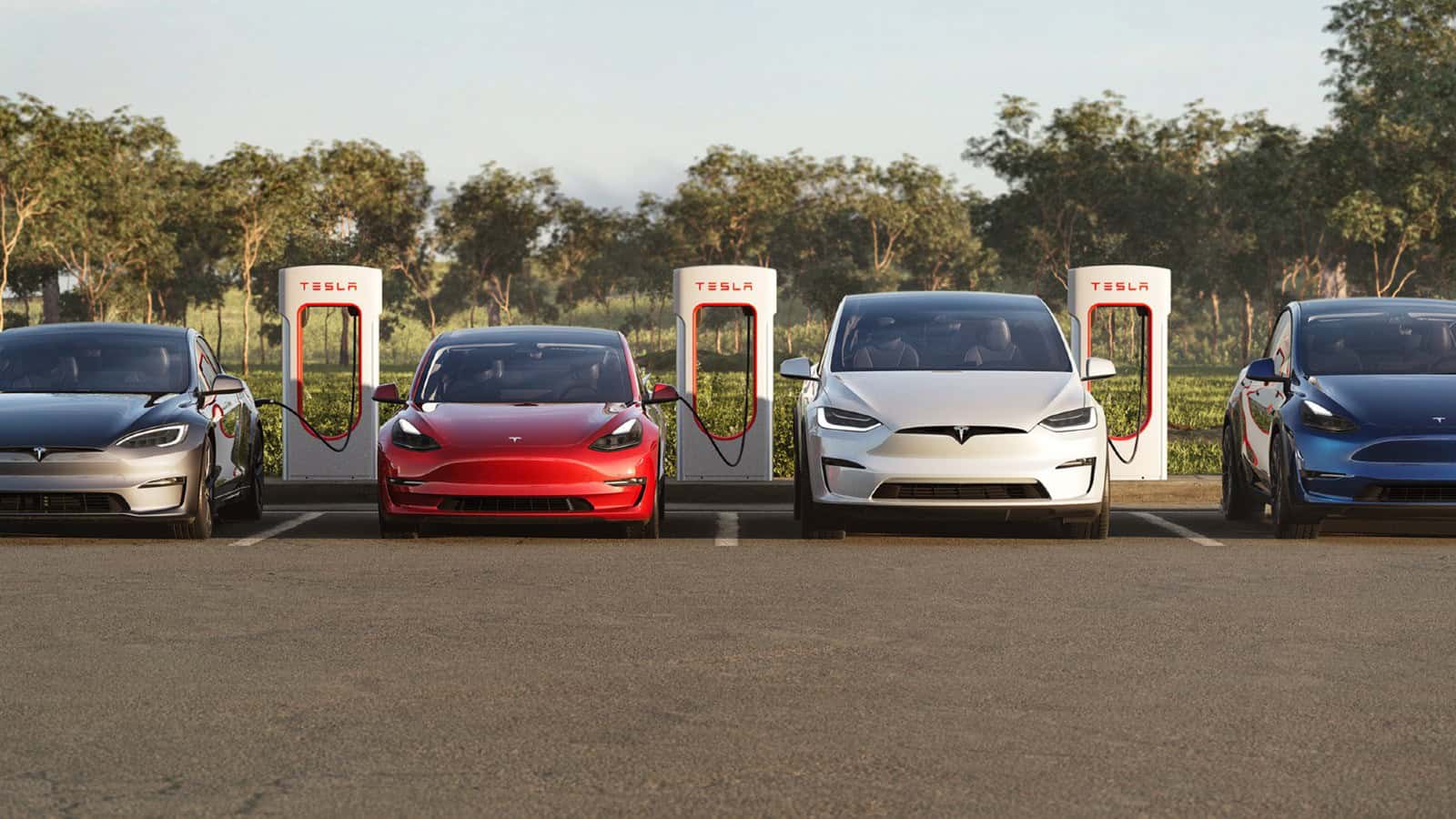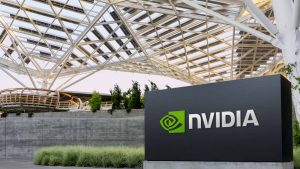Does BYD or Tesla stock offer the best value?


Tesla (NASDAQ:TSLA) and BYD (OTC:BYDD.F) are the two titans of the global electric vehicle (EV) market, but their investment cases diverge sharply when you dig into the numbers and outlook. Here’s how they stack up for investors looking ahead.
Forward P/E ratios: a world apart
Tesla’s forward price-to-earnings (P/E) ratios remain stratospheric by any standard. The company is expected to trade at 168.8 times earnings in 2025, falling to 111.4 times in 2026 and 85.7 times in 2027. Even by its own five-year history, these multiples are elevated, and they are more than 10 times the consumer discretionary sector median.
BYD, by contrast, looks far more modest. Its forward P/E is 18.4 times for 2025 and 14.2 times for 2026. That’s just a fraction of Tesla’s and much closer to sector norms. This huge valuation gap reflects the market’s belief in Tesla’s future growth, but also means any disappointment could hit the shares hard.
Revenue multiples: premium vs practical
Tesla’s price-to-sales ratio for 2025 is a lofty 10.4 times, while BYD’s is just 0.65 times. In other words, investors are paying a huge premium for each dollar of Tesla’s sales, while BYD trades closer to traditional automaker multiples. BYD’s lower multiple reflects its mass-market positioning and focus on affordability, while Tesla’s premium signals expectations for high-margin growth and disruptive new business lines.
Net cash and capital structure
Tesla boasts a market cap over $1trn, with $37bn in cash and $13bn in debt. This gives it a strong net cash position and plenty of firepower for R&D and expansion. BYD, with a market cap around $147bn, holds $21bn in cash and $5.7bn in debt. Still solid, but on a smaller scale. Tesla’s financial muscle gives it flexibility, but BYD’s balance sheet is also robust and supports its rapid global expansion.
Autonomy and robotics
The real battleground is not just EVs, but autonomous driving and robotics. Tesla’s valuation is highly detached from automotive peers because investors are betting it will dominate self-driving technology and unlock new business models like robotaxis and AI-powered logistics. Its Dojo supercomputer and Full Self-Driving (FSD) efforts are central to this thesis, though regulatory hurdles remain.
BYD is not standing still. Its latest models integrate advanced driver-assist systems, LiDAR, and rapid-charging battery tech. This has already made headlines. However, its approach is more incremental, focusing on affordability, scale, and steady technological improvements. Coupled with the fact that it’s Chinese, it hasn’t been afforded the same attention by investors.
Verdict
BYD trades at far lower valuation multiples and has recently overtaken Tesla in global EV sales, especially in China and Europe. Meanwhile, Tesla commands a huge premium based on its potential to lead in autonomy and AI-driven transport. However, the execution risk is huge. For value-focused investors, BYD is the obvious choice, but clearly the market favours Tesla and Elon Musk’s ambitions.
The post Does BYD or Tesla stock offer the best value? appeared first on The Motley Fool UK.
Of course, there are plenty of other passive income opportunities to explore. And these may be even more lucrative:
We think earning passive income has never been easier
Do you like the idea of dividend income?
The prospect of investing in a company just once, then sitting back and watching as it potentially pays a dividend out over and over?
If you’re excited by the thought of regular passive income payments, as well as the potential for significant growth on your initial investment…
Then we think you’ll want to see this report inside Motley Fool Share Advisor — ‘5 Essential Stocks For Passive Income Seekers’.
What’s more, today we’re giving away one of these stock picks, absolutely free!
More reading
- Tesla stock’s up 75% in a year! Time to buy?
- Should I buy Tesla stock now while it’s down 25% in 2025?
- What next for the Tesla share price?
- Is this the Tesla stock buying opportunity I’ve been waiting for?
- The Tesla share price could skyrocket next week!
James Fox has no position in any of the shares mentioned. The Motley Fool UK has recommended Tesla. Views expressed on the companies mentioned in this article are those of the writer and therefore may differ from the official recommendations we make in our subscription services such as Share Advisor, Hidden Winners and Pro. Here at The Motley Fool we believe that considering a diverse range of insights makes us better investors.





